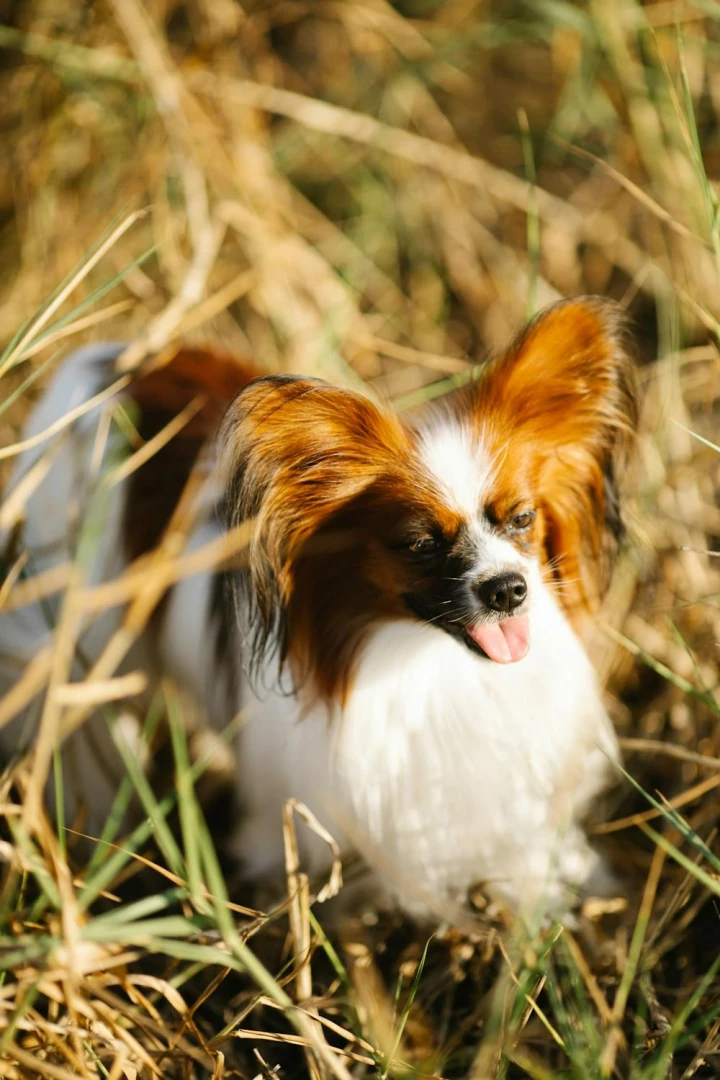
Papillon
About
The Papillon is an intelligent, affectionate, and lively breed that makes a wonderful companion for families, singles, and seniors alike. With their playful nature, loyalty, and adaptability, Papillons thrive in homes where they can receive plenty of attention, mental stimulation, and exercise. Their combination of beauty, agility, and friendly disposition makes them a cherished addition to any household seeking a small yet spirited canine friend.
 Breed Size
Breed Size
-
Weight (Male)
2-5 kg
-
Weight (Female)
2-5 kg
-
Height (Male)
20-28 sm
-
Height (Female)
20-28 sm
 Coat
Coat
-
Fur Type
Silky
-
Color
One color
 Care
Care
-
Walk
>30 minutes/day
-
Breed group
Toy Group
-
Breed Size
XS
-
Demeanor category
Outgoing
 Breed Traits
Breed Traits
-
Barking
-
Good with young children
-
Drooling
-
Energy level value
-
Grooming frequency value
-
Good with other dogs
-
Trainability
 Breeds Club Recognition
Breeds Club Recognition
-
Trainability Category
>Eager to Please
-
Temperament
>Friendly, Alert, Happy
Description
The Papillon is a small, elegant companion dog, originally bred in France and Belgium for companionship and nobility in the 16th century. This breed descends from early European toy spaniels, resulting in an intelligent, playful, and highly social companion.
- Origin: France and Belgium, developed for companionship.
- Smart and trainable: Quick learner with an eager-to-please nature.
- Loyal and affectionate: Forms deep bonds with its family.
- Energetic and agile: Requires daily exercise and mental stimulation.
- Long, silky coat with butterfly-like ears: Needs regular grooming.
The Papillon is a lively and intelligent companion, excelling in obedience, agility, and therapy work. With proper training and early socialization, they become well-mannered, affectionate pets suited for families, first-time owners, and individuals alike.
